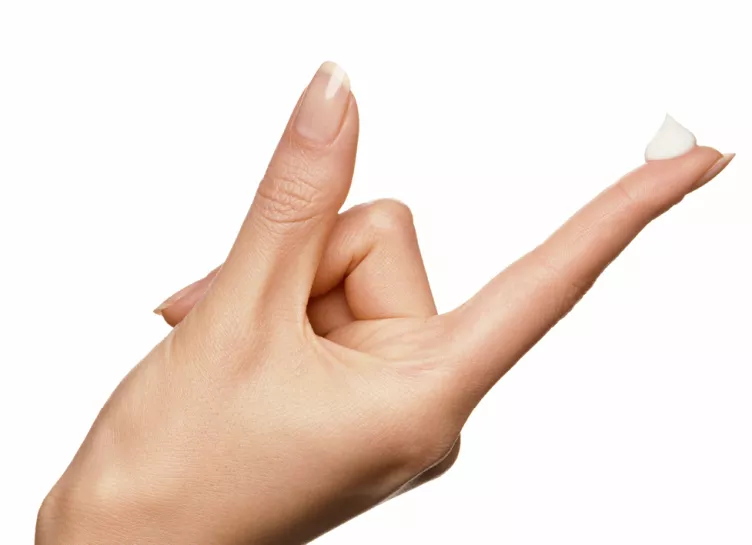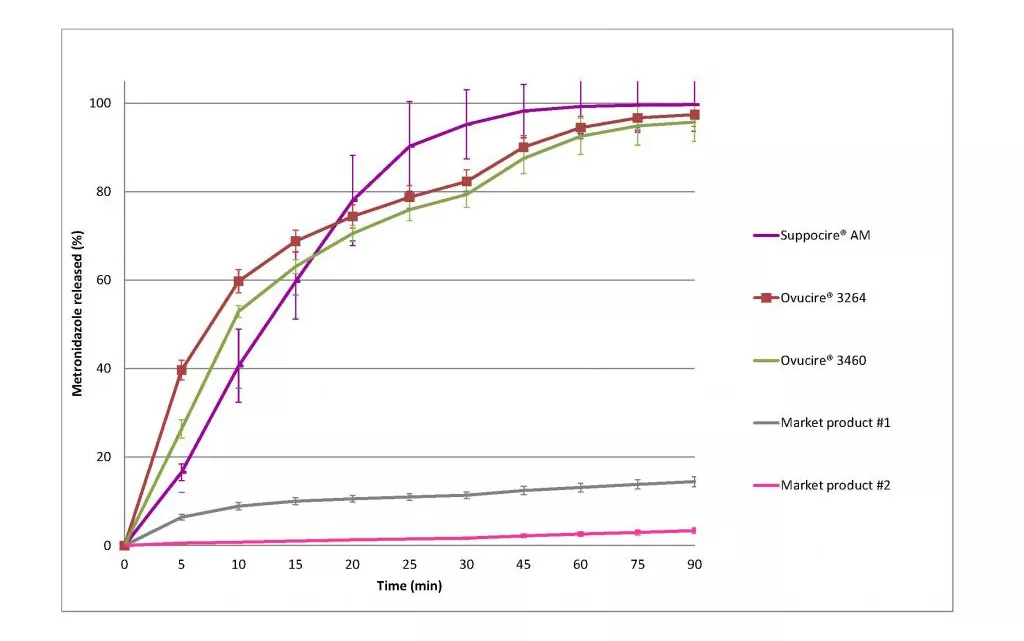Women's medicines
Every woman faces a gynecological disorder at some point in her life, during puberty, maternity, menopause or post menopause. These age periods structure the women’s health market with treatments for menopause related disorders, postmenopausal osteoporosis, infertility, endometriosis, gynecological cancer and birth control.

For a healthy vaginal flora
Equilibrium of the vaginal flora is fragile and is easily altered by external factors such as:
- Hormonal changes with menopause, oestro-progestative birth control pills, diabetes
- Excessive hygiene
- Medicines such as antibiotics
- Stress
- Tobacco
Probiotics are known to restore the vaginal flora, either by local treatment or oral administration, the latter being the most efficient. They can also be administered preventively during pregnancy for women with recurrent fungal infections or in combination with antibiotic treatments. Probiotics to restore vaginal flora are available as:
- Oral tablets with precedence of use of Precirol® ATO 5 (glyceryl distearate) and Compritol® 888 ATO (glyceryl dibehenate) as lubricants
- Pessary bases and vaginal suppositories with Ovucire® with Suppocire® (hard fats)
- Vaginal creams

Request our formula of a vaginal cream developed with 5% of probiotics using Gelot™ 64 and Labrafil® M 1944 CS as emulsifier and co-emulsifier.
Against vaginal dryness
At menopause many changes occur with the drop in hormones inducing vaginal dryness, amongst other symptoms.
Hyaluronic acid is frequently used for mucosa hydration in creams using Tefose® 63 (mixture of PEG-6 stearate and ethylene glycol palmitostearate and PEG-32 stearate) and Labrafil® M 2130 CS (lauroyl polyoxyl-6 glycerides).
Request our cream with 0.2% hyaluronic acid (DHO 1012) using Tefose® 63 as the emulsifier.
It is also used in pessaries with hard fats. In the Technical Center of Excellence of Saint-Priest, a pessary formulation has been developed with 0.25% of hyaluronic acid and 99.75% Ovucire® WL 3264.
Product characteristics are as follows:
| Homogeneous beige pessary | |
|---|---|
| Melting point (°C) | 34.9 +/- 0.1 |
| Mecanical stress (kg) | > 5.400 |
| Liquefaction time | 8 min 18 s +/- 25 s |
Essential excipients for essential medicines
Antifungal agents such as clotrimazole, metronidazole or miconazole nitrate are listed on the WHO Essential Medicines List. They are frequently formulated in pessaries and/or creams to treat vaginal infections.
In pessaries, versatile excipients such as Suppocire® AM, Suppocire® BM, Ovucire® WL 3264 and Ovucire® 3460 give excellent results.

In creams, Tefose® 63 and Labrafil® M 1944 CS are used in anti-fungal creams in a winning combination due to:
- Good thermal stability of the formulation
- Homogeneous cream
- Easy handling of liquid products
- Non-irritancy